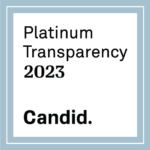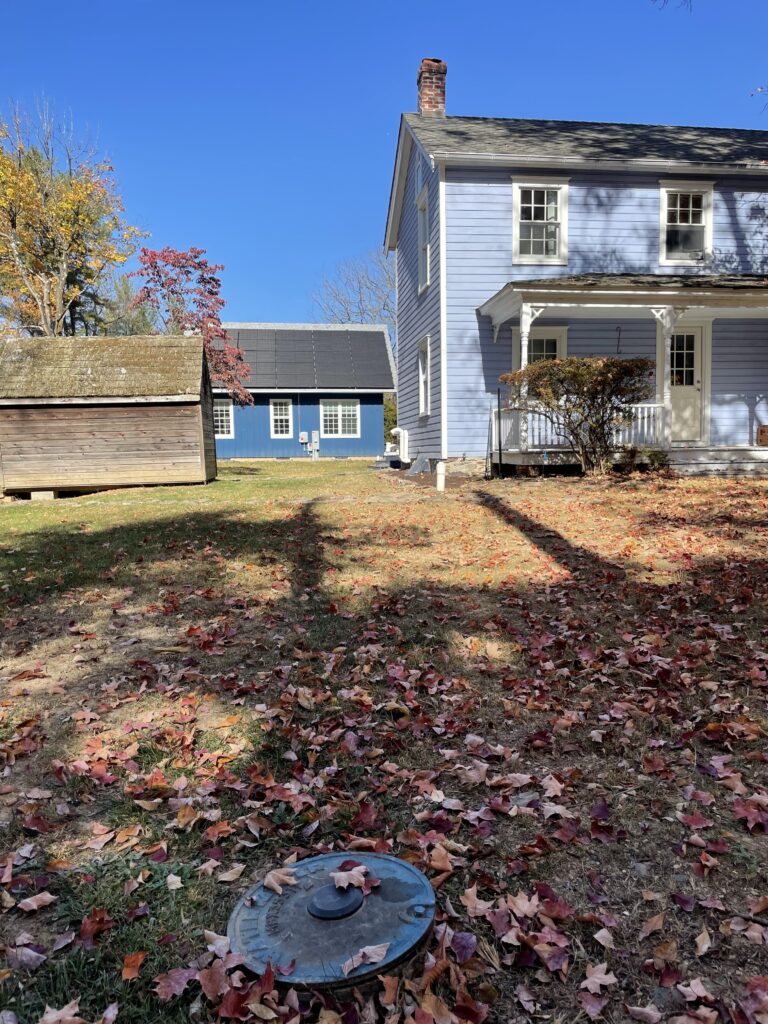
What are Accessory Dwelling Units (ADUs)?
Accessory Dwelling Units (ADUs)—also known as backyard cottages, granny flats, secondary units, or in-law suites—have become a more popular housing alternative that is affordable, efficient, and environmentally friendly. As defined by the American Planning Association, “An accessory dwelling unit (ADU) is a smaller, independent residential dwelling unit located on the same lot as a stand-alone single-family home.” What makes ADUs particularly appealing is their potential to contribute significantly to sustainability. Here are the reasons why ADUs are not only good for your property but also beneficial for the planet.
Efficient Use of Land and Smaller Living Spaces
Expanding cities requires new infrastructure, which often disrupts natural habitats and leads to higher energy use for transportation and utilities. ADUs allow homeowners to add additional living space without expanding the municipality’s footprint, as they are typically constructed on existing residential lots. By making better use of existing developed land, ADUs reduce the need for new land development, promoting more compact, walkable communities. To learn more about this check out our talk with author, Sara Bronin on her book Key to the City: How Zoning Shapes Our World.
ADUs are generally smaller than typical single-family homes, and therefore require fewer building materials and consume less energy over their lifetime. A smaller space requires less heating, cooling, and lighting, reducing both energy costs and the carbon footprint of the residents. Additionally, the compact size encourages a simpler lifestyle, often with less consumption of resources like water and electricity. This efficient use of resources helps reduce the overall environmental impact per capita.
Reduced Need for Car Dependency
ADUs provide a unique opportunity for multigenerational living or rental housing close to workplaces, schools, and public transportation. Instead of driving frequently to see siblings, parents, or grandparents they can be a short walk away. Additionally, when rented out, ADUs provide affordable housing within areas like Princeton, helping residents avoid the lengthy commutes and reducing their need to travel. With less reliance on cars, ADUs help reduce traffic congestion and lower carbon emissions. To learn more about this check out our Sustainable Minds presentation on 15-minute neighborhoods.
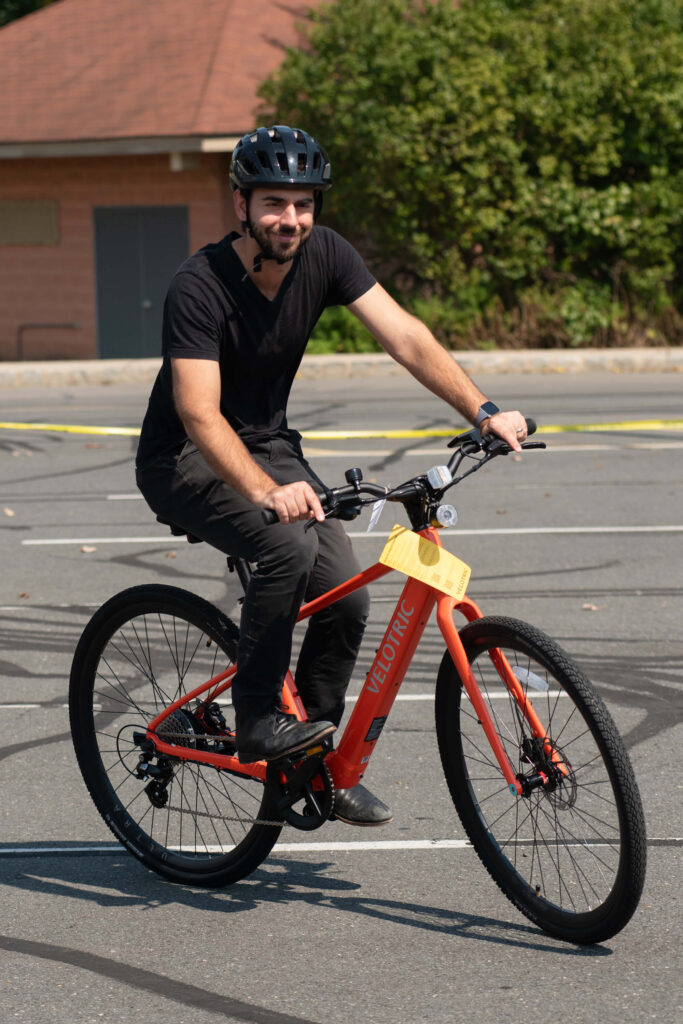
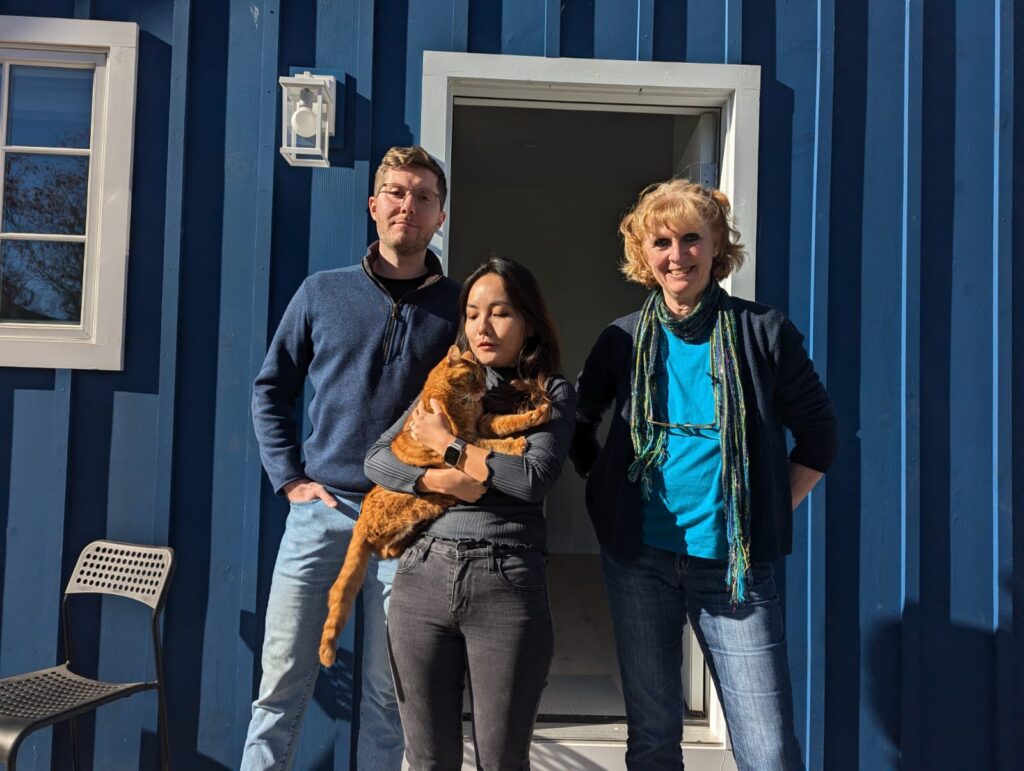
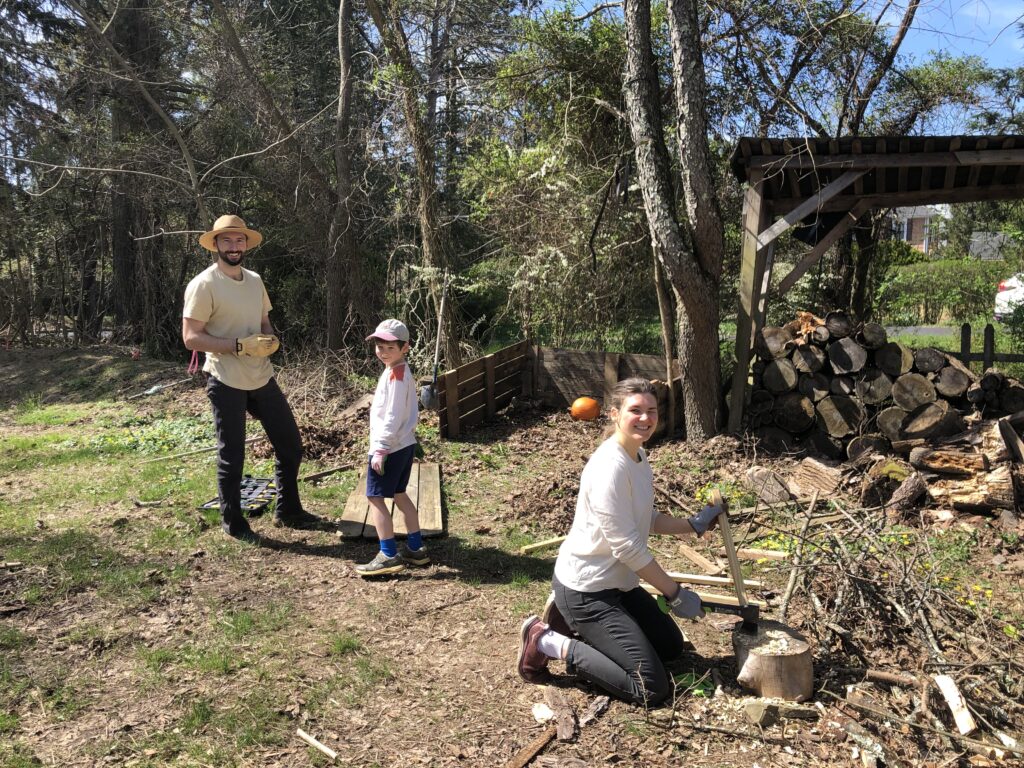
Promoting Affordable Housing and Resilience
The lack of affordable housing is both a social and environmental issue. ADUs present a cost-effective housing solution, utilizing existing land and infrastructure, which avoids the costs and resource use associated with new development. By allowing more people to live affordably within municipalities, ADUs help alleviate housing shortages without significant environmental disruption. ADUs can also be an additional source of income if owners choose to rent them out or allow for the opportunity to age in place with the main house rented out.
ADUs promote resilience in municipalities, allowing for diverse, flexible housing options. For example, they can house family members in need, provide temporary housing during transitional periods, or serve as rental income for homeowners, providing financial resilience.
Green Building Opportunities
Many homeowners are now building ADUs with sustainability in mind, incorporating eco-friendly materials, energy-efficient appliances, and renewable energy sources. Some ADUs are even designed as “net-zero” buildings, which generate as much energy as they consume. To learn more check out our Explainer on Zero Emission Buildings.
Solar panels, rainwater harvesting systems, and heat pumps are just a few examples of green technology commonly integrated into ADU designs. These upgrades not only lower utility costs but also contribute to the fight against climate change by reducing greenhouse gas emissions. Learn more about a sustainable ADU in Princeton in this People emPOWERing Princeton blog article.
Princeton’s ADU Ordinance
Princeton’s ADU ordinance (2022 Amendment) lays out specific guidelines to ensure that ADUs are built in ways that respect the town’s aesthetic and maintain the character of its neighborhoods.
Here are just a few aspects of the ordinance:
- Size and Design Standards: The ordinance specifies maximum size limits for ADUs. The size of the accessory dwelling unit shall not exceed 800 square feet or twenty-five percent of the total floor area of the principal dwelling unit, whichever is greater.
- Parking and Infrastructure Requirements: Parking requirements are minimal to encourage the use of public transportation and reduce traffic congestion. However, ADUs must adhere to specific zoning rules.
- Affordability Incentives: Princeton’s ordinance includes incentives for homeowners to make their ADUs affordable, such as allowing slight size increases or other design flexibilities if the unit will be used as affordable housing.
Be sure to check the full ordinance and consult an experienced builder to understand the requirements for your property.
Why it Matters to Princeton
Princeton is a desirable place to live due to its excellent schools, vibrant community, and convenient location to public transportation. However, as housing costs rise, affordable housing has become increasingly scarce, leading to a need for innovative solutions. The ADU ordinance offers a practical approach by allowing property owners to add extra units on their lots without the need for new, large-scale developments. ADUs are an effective way to create sustainable housing without sacrificing the quality of life. Through their smaller size, efficient energy use, potential for green construction, and contribution to affordable housing, ADUs are a powerful tool for fostering environmentally conscious, resilient communities.
ADUs also help us to achieve our goals in the Princeton Climate Action Plan! Check out the Land Use & Transportation section to read more about location-efficient and pedestrian- and transit-oriented development.
Interested in building an ADU?
Attend the Sustainable Home Expo on March 8! We will be holding an educational breakout session with a panel of expert speakers and ADU homeowners. Learn more and get all of your questions answered! Free and open to the public. No advanced registration required.


